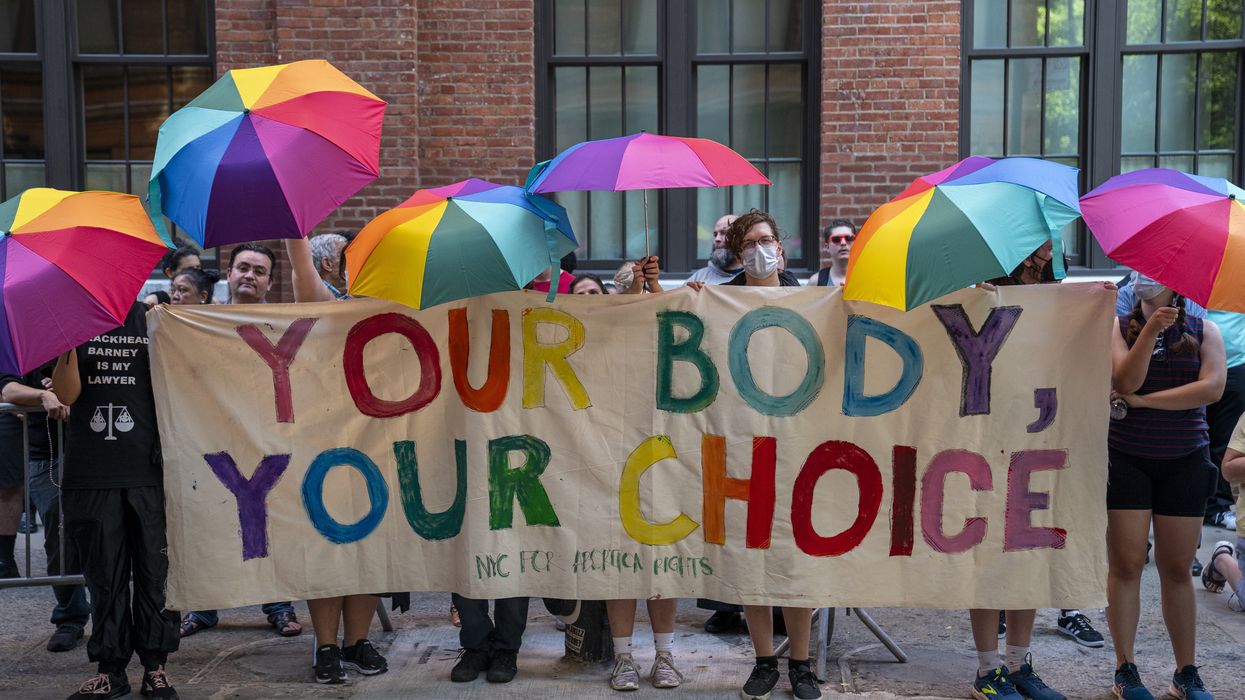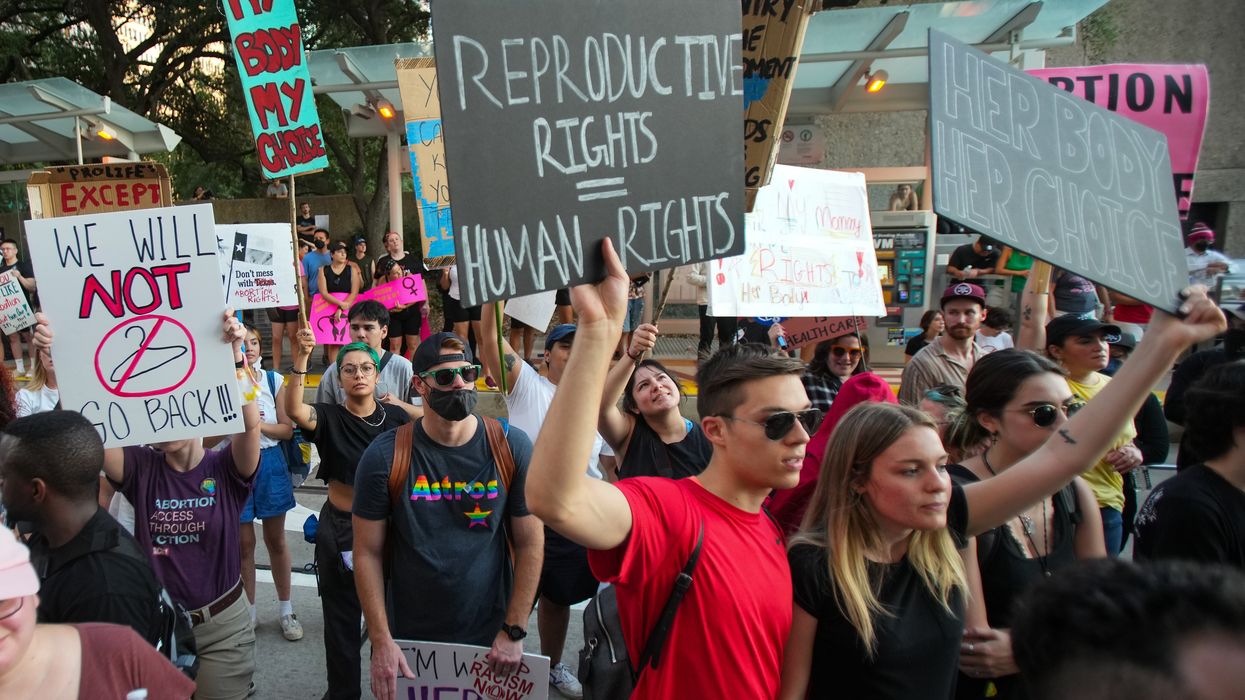Wyoming Supreme Court Strikes Down First US State Ban on Abortion Pills
"Today's ruling affirms what we have always known: that abortion is essential healthcare," said one advocate.
The first piece of state legislation in the US explicitly banning the use of abortion pills was struck down on Tuesday as Wyoming's state Supreme Court ruled that it, along with the state's near-total abortion ban, violated the state's constitutional right to bodily autonomy.
Both laws were passed in 2023, following the US Supreme Court's overturning of Roe v. Wade. One of them banned abortion in nearly all cases, except when the pregnant patient's life is threatened or in cases of rape or incest—a measure similar to those in several other red states.
But while many states' abortion bans have effectively outlawed the use of abortion drugs like mifepristone and misoprostol, Wyoming's was the first to outlaw the use of these pills in its text.
According to a 2023 study by the Guttmacher Institute, 63% of abortions nationwide are done using medications.
In 2012, Wyoming voters approved a constitutional amendment guaranteeing each competent adult the "right to make his or her own healthcare decisions."
Ironically, the amendment was heavily promoted at the time by conservatives who believed it would protect them from what they viewed as "undue governmental infringement" by former President Barack Obama's Affordable Care Act. But reproductive freedom advocates have since used it as a weapon to protect abortion.
In 2023, Wyoming's only remaining abortion clinic, Wellspring Health Access in Casper; the abortion rights group Chelsea’s Fund; and four women, including two obstetricians, sued the state, arguing that the laws violated this constitutional right.
The state's attorneys attempted to argue that the amendment did not apply to abortion, which they claimed is not "healthcare."
In November 2024, a district judge halted both laws, deeming them unconstitutional. Abortion has since remained legal in the state while the lawsuit went ahead.
In a 4-1 ruling, the Wyoming Supreme Court on Tuesday also sided with abortion rights advocates, ruling that both of these laws conflicted with the state’s constitution.
“A woman has a fundamental right to make her own healthcare decisions, including the decision to have an abortion,” the ruling states.
“The state did not meet its burden of demonstrating the abortion laws further the compelling interest of protecting unborn life without unduly infringing upon the woman’s fundamental right to make her own healthcare decisions,” the court added. “As such, the abortion laws do not constitute reasonable and necessary restrictions on a pregnant woman’s right to make her own healthcare decisions.”
Wyoming’s Supreme Court is the state’s highest judicial authority, meaning that the pair of laws is permanently blocked. However, the court said “lawmakers could ask Wyoming voters to consider a constitutional amendment that would more clearly address this issue.”
Janean Forsyth, the executive director of Chelsea's Fund, said the court's decision "is a landmark victory for reproductive freedom in Wyoming, and we are gratified and heartened by the ruling."
"Today's ruling affirms what we have always known: that abortion is essential healthcare, and Wyoming women have the constitutional right and the freedom to make their own healthcare decisions without government interference," she added.
The ruling is a victory for abortion rights at a time when they have come under systemic attack by the Trump administration during his first year back in power, as the Center for Reproductive Rights documented in a report released Monday.
The administration has withdrawn federal guidance that directed emergency rooms to perform abortions in cases where the mother suffers deadly pregnancy complications, which have increased by as much as 50% in states with abortion bans.
A new policy at the Department of Veterans Affairs (VA), meanwhile, prevented veterans on VA health insurance from receiving abortions, including in cases of rape, incest, or severe risk to personal health.
The massive cuts to Medicaid under last year's Republican budget reconciliation bill have also resulted in the closure of at least 50 Planned Parenthood health centers across the nation, and reduced services at many more.
GOP attempts to restrict mifepristone access are also currently being litigated in Florida, Texas, and Missouri.
Health and Human Services Robert F. Kennedy, Jr said during a Senate hearing in May that the Food and Drug Administration (FDA) is currently reviewing its regulations on mifepristone, which was first approved by the FDA 26 years ago. That review has reportedly been delayed until after the 2026 midterm elections in November.
"Too many people wrongly believe that President Trump is done attacking abortion access, and that overturning Roe v. Wade was his endgame,” said Nancy Northup, president and CEO of the Center for Reproductive Rights. “But in his first year back in office, the Trump administration is not ‘leaving it to the states’ to decide abortion policy, but wielding federal power to go after abortion access even in states where abortion is legal."
She described "the looming fear that the FDA will soon gut access to abortion pills, which have been a lifeline in post-Roe America," adding that "the threat to further limit access to abortion throughout the nation is real and must be met with vigorous opposition.”


